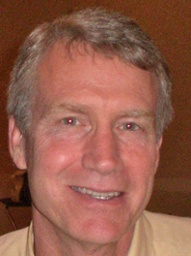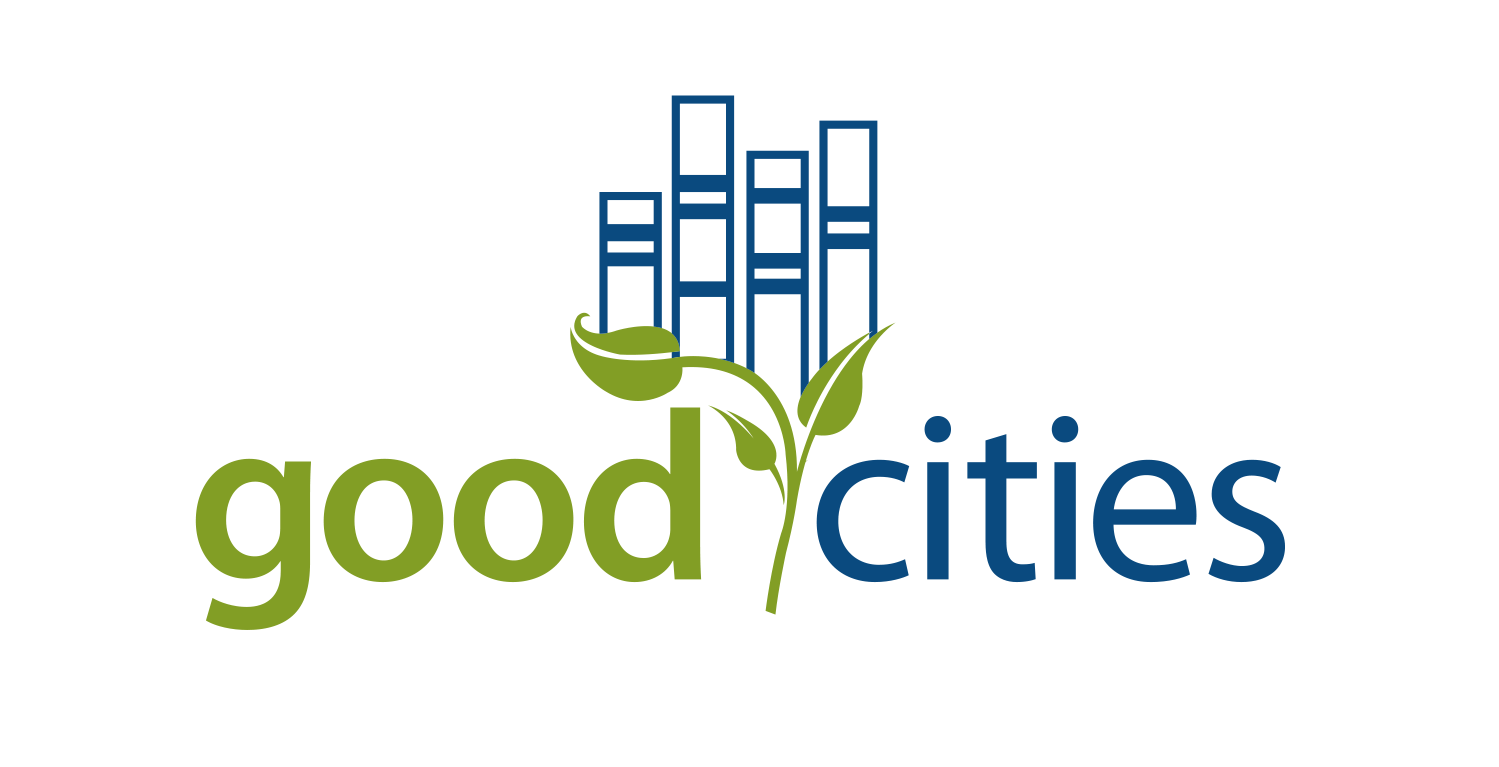 I’m often asked, “What can I do to transform my city?” I’ve observed many different approaches during my years serving in this field. Often I find leaders not using an evidence-based approach toward bringing long term improvement spiritually, socially, educationally, or economically and the poor results reflect this. Teams are built and transformation occurs when leaders take actions that have proven their worth in creating good cities and communities over time. Actions that bring real long-term change engage cross-sector collaborative leadership.
I’m often asked, “What can I do to transform my city?” I’ve observed many different approaches during my years serving in this field. Often I find leaders not using an evidence-based approach toward bringing long term improvement spiritually, socially, educationally, or economically and the poor results reflect this. Teams are built and transformation occurs when leaders take actions that have proven their worth in creating good cities and communities over time. Actions that bring real long-term change engage cross-sector collaborative leadership.
Glenn Barth, President of GoodCities
I recently made a list of thirty powerful actions and ideas that have been proven to have spiritual, societal, economic, and individual transformational impact. I rated each action on its ability to impact these four areas and its ability to create cross-sector collaborative leadership. In these actions, the real power of Jesus’ John 17 prayer for our unity is revealed.
Throughout this year, I’ll write blogs that highlight and reveal each of these thirty evidence based practices and ideas. Here’s the first and one of the most powerful actions that will transform your city.
Active Listening
It was a hot Tuesday afternoon in August of 2004 when the leader of a major national ministry asked me what a coach should do to strengthen the work of local leadership teams in cities. I responded, “The first thing community coaches need to do is listen. Listening expresses a level of trust that local community leaders are in touch with God and their local context. Once you’ve heard from local leaders, tools from national ministries can be customized to fit local realities.”
The leader turned red and was more than a little irritated with the answer. He responded, “Our donors would never support this kind of approach. We need a program that coaches bring to each city. Donors won’t support listening!”
The leader put together a program and quickly found a number of donors to pay independent “coaches” to visit cities. They had slick marketing materials and in each of the cities they found a few folks willing to lead their pre-packaged program.
No lasting change occurred. Those who participated in the program busily did what they were asked, but in the end, it was a short term activity that brought no lasting change. It was driven from the outside, not personally and deeply owned by local leaders.
 Active Listening tops the list because through it, we learn what God and people value in our city. Prayer is a form of active listening. Through prayer we begin in a place of humility so that when we listen to others, we can gain a sense of God’s leading as needs are revealed. The technique that I share in my ebook, Multiply Volunteers and Resources is an approach that requires active listening and reveals a way to engage leaders throughout your city in transformational work.
Active Listening tops the list because through it, we learn what God and people value in our city. Prayer is a form of active listening. Through prayer we begin in a place of humility so that when we listen to others, we can gain a sense of God’s leading as needs are revealed. The technique that I share in my ebook, Multiply Volunteers and Resources is an approach that requires active listening and reveals a way to engage leaders throughout your city in transformational work.
In 2005, I served as the President of the Leadership Division of Tentmakers. We taught people to listen with love. We spelled love, “LVV,” an acronym for active listening.
Look at the person.Give him or her
Verbal appreciation and
Visual appreciation.
Local leaders I’ve coached in cities like Lansing, MI; San Antonio,TX; Modesto, CA and Florence, SC put together teams to actively listen to leaders from every channel of influence in the city. Each of these leaders has a significant network of people who they influence. Using open ended questions in an interview format they built relationships and at the same time learned what motivates and engages leaders in their area of their interest, using their calling, gifting, and strengths.
Using the skills of active listening, we encourage city leaders to develop open-ended questions that uncover…
- A sense of personal and professional mission;
- A person’s level of willingness to make a positive difference in his/hercity;
- What each one believes are the most pressing problems facing his/her city; and
- Ways he/she is already working to address these pressing problems.
These interviews help those who use active listening to learn the ways that the Holy Spirit already is moving in local leaders’ lives. Through listening, the interviewers learn what will motivate gifted and talented leaders to work in collaboration for the good of the city.
Active listening is a skill that leaders learn to use often and well. It networks people in relationships and reveals important information to engage people in service to their community. It is a skill that unleashes untold social capital. In the end, it transforms cities from the inside out by engaging leaders and those they influence in long-term vision, mission, and service.
Use the button below to download the eBook, Multiply Volunteers and Resources.
